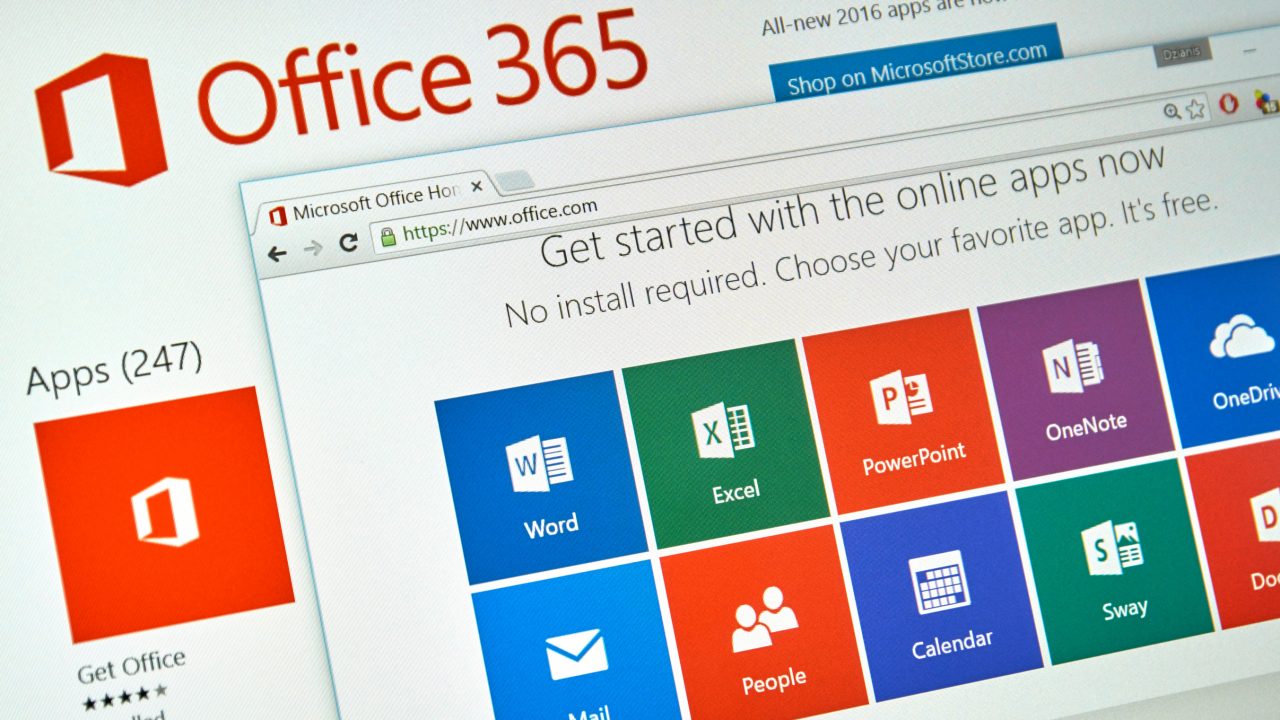Still No Good Option for Office 365 Backups
Are Office 365 Backups Necessary?
The most popular question people ask me about Office 365 is to recommend how to take backups, specifically for Exchange Online. Few who ask like my answer: Don’t bother. I have been consistent in this opinion for the last five years (see this piece from last year). The feeling gets stronger as time goes by.
I do not blame people for asking about backups. It is natural for those who migrate from an on-premises environment to want to have the same kind of facilities that they have come to depend on when their data is in the cloud. However, applying on-premises principles to Office 365 is never a great idea because this approach ignores the simple fact that Exchange Online is very different to Exchange 2016 (or whatever version you use).
More Challenging as Time Goes By
In fact, backups of Exchange Online become more challenging over time. Users keep more data online than they do on-premises. Microsoft encourages this trend by making 100 GB mailboxes the new norm, not cleaning out the Deleted Items folder automatically, and implementing expandable archive mailboxes (now rolling out after a pause).
Allowing users to have huge mailboxes makes it more difficult for companies to move away from Office 365. It also makes it more difficult to transport all the data across the Internet from Microsoft’s datacenters to those owned by cloud backup companies.
Recovering from Ransomware
People often raise the prospect of mailbox infection with ransomware as justification for backups. I do not buy this argument because I think Microsoft will restore affected mailboxes more efficiently using the lagged database copy they keep for all mailbox databases than restoring across the internet.
Restoring a few mailboxes from a backup might be OK (and will demo well at trade shows); restoring thousands of them might not be quite so easy. I don’t want to find out.
FUD and Holds
Another fear that people raise is that rogue administrators will remove information or that users will make mistakes and delete something that they really should keep. Or that “a disgruntled employee will purposely destroy information that is useful to the company” or “someone (presumably a hacker or similar) gains unauthorized access and deletes files.”
These are valid fears. If they concern you, you should do what some companies do and put all mailboxes on hold using either a legal hold or an eDiscovery hold. No one can remove anything from mailboxes when they come under the scope of a hold as Exchange holds copies of deleted items until the hold is removed. Using holds for this purpose is a little cheaper than investing in a backup product.
But as I keep reminding people, Office 365 is more than Exchange. SharePoint Online, OneDrive for Business, Planner, Teams, and so on also need consideration. Is the right approach to backup all the applications separately? Really?
No Integrated View
Which leads me to the big problem around Office 365 backup. I have not seen backup products that can handle all the data for a tenant from mailboxes to plans to chats to documents. The roots of many backup products are in the on-premises world where backups run inside the strict limits of a single application.
I am waiting for the first ISV to launch a product that can deal with all the data belonging to a tenant, including the ability to restore data so that the links that connect applications like Teams or Office 365 Groups with different data stores come back intact. AvePoint is the first ISV to venture along this path by dealing with the Exchange and SharePoint components of Office 365 Groups, but that is only scratching the surface of the problem.
Lots of ISVs Working on Backups
If you really want to take Office 365 backups, I’m sure that companies like Veeam, Skykick, Spanning, Managecast, Cloudally, StorageCraft, and AvePoint will be happy to discuss how they can help. All will have their own perspective on the matter and will argue their case to justify backups. You should certainly take the time to listen and then make your own mind up. Don’t depend on my opinion.
The list above is not exhaustive. Other ISVs are active in this space and hope remains that someone will come up with a comprehensive service eventually. Six years after Microsoft launched Office 365, perhaps we will see progress in backup technology at the Ignite conference in September. I will be looking!
Follow Tony on Twitter @12Knocksinna.
Want to know more about how to manage Office 365? Find what you need to know in “Office 365 for IT Pros”, the most comprehensive eBook covering all aspects of Office 365. Available in PDF and EPUB formats (suitable for iBooks) or for Amazon Kindle.




